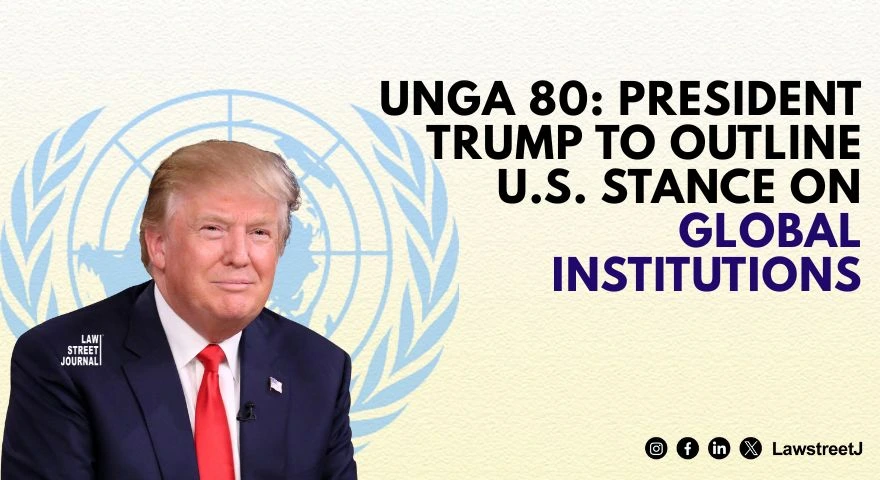Israel: Israel has stated that its ongoing security talks with Syria will conclude only if two conditions are met: demilitarization of border areas and guarantees for the protection of the Druze minority. The negotiations, taking place under U.S. diplomatic pressure, represent a notable development in regional security but stop short of a comprehensive peace treaty. The talks are being held in line with principles of international law, referencing the United Nations Charter and the 1974 Agreement on Disengagement between Israeli and Syrian forces. The goal is to establish a bilateral security arrangement addressing territorial disputes and recent military escalations.
Israeli officials emphasize that a binding requirement for any agreement is the full demilitarization of the Golan Heights buffer zone and neighboring Syrian areas. They argue that the framework must remain consistent with United Nations Security Council Resolution 242 (1967), which calls for withdrawal of armed forces from occupied territories and recognition of sovereign borders. Syria, meanwhile, seeks redress for what it describes as recent Israeli land seizures. Damascus has demanded reversal of these actions, citing international humanitarian law and the Fourth Geneva Convention (1949), which prohibits annexation of occupied territory. Israel has rejected complete territorial concessions, saying strategic security takes precedence.
The United States has been acting as mediator, urging both sides to focus on stability and counterterrorism cooperation. While Washington has not endorsed specific territorial outcomes, officials suggest the pact could serve as a model for future regional agreements.
Druze Protection and Minority Rights
One of the central issues is the protection of the Druze community, which spans Israeli- and Syrian-administered areas. Israel has made it clear that any deal must include enforceable provisions for the safety and autonomy of Druze populations, particularly in the Golan Heights and southern Syria. In Israel, Druze citizens hold full civil rights and serve in the Israel Defense Forces (IDF). Concerns remain, however, for Syrian Druze communities, where instability has increased vulnerability. Reports from Amnesty International and Human Rights Watch cite instances of forced conscription and restrictions on movement.
Israel has proposed creating an oversight mechanism, potentially under United Nations or neutral third-party supervision, to ensure compliance with minority protection clauses. Syria has expressed conditional openness to this, while calling for reciprocal assurances on sovereignty and non-interference. Experts note that the proposed clauses align with existing international instruments such as the International Covenant on Civil and Political Rights (ICCPR) and the 1992 UN Declaration on the Rights of Persons Belonging to Minorities. The challenge lies in ensuring enforcement in the absence of binding arbitration or multilateral guarantees.
Diplomatic Timelines and Regional Implications
The timeframe for reaching a final pact is still unclear. While progress has been acknowledged, no formal draft text has been released. On September 24, Israeli Defense Minister Yoav Gallant said, “talks are ongoing but contingent on Syria’s willingness to meet core security and humanitarian conditions.” Syria’s Foreign Ministry confirmed the use of backchannel diplomacy, facilitated by U.S. and European intermediaries. A spokesperson said Syria seeks “a balanced agreement that restores territorial integrity and respects national dignity.”
Observers highlight that the outcome of these talks may affect broader regional dynamics, including Iran’s role in Syria and Hezbollah’s operations near Israel’s border. It could also influence the status of the 1974 ceasefire line and the deployment of the United Nations Disengagement Observer Force (UNDOF), which monitors the buffer zone. Legal experts stress that any agreement will need formal codification. In Israel, ratification requires approval by the Knesset under Basic Law: The Government (2001). In Syria, the People’s Council and the president’s assent are necessary.
As of September 25, no treaty text has been sent for legislative review. Diplomatic sources suggest a provisional memorandum of understanding (MoU) may be considered once key legal and territorial issues are resolved.
The Israel-Syria security talks combine legal, strategic, and humanitarian elements. While they show potential for easing tensions, unresolved territorial issues and the absence of a full peace framework highlight ongoing challenges. The focus on demilitarization and Druze protection underscores shifting priorities in regional diplomacy, influenced by international law and external mediation. Future progress will depend on Syria’s response to Israeli conditions and on the role of international actors in ensuring compliance. The coming weeks will determine whether these negotiations move closer to a binding agreement.

.webp)









